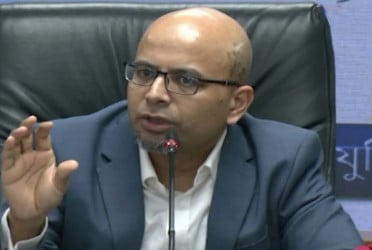Thailand’s Public Health Ministry is revising its surrogacy laws to accommodate the newly enforced equal marriage law and to allow international couples access to surrogacy services. Dr. Panuwat Panket, Director-General of the Department of Health Service Support (DHSS), provided an update on the ongoing amendments to the Protection for Children Born through Assisted Reproductive Technologies Act, designed to align with both the surrogacy and marriage equality laws, reads a Bangkok Post report.
Key changes in the revised draft include replacing the terms “husband” and “wife” with the more inclusive “spouses,” as defined by the Marriage Equality Act, enabling same-sex couples to access surrogacy services. Additionally, foreign couples will now be permitted to seek surrogacy in Thailand, including bringing surrogates from abroad. Currently, only foreign couples who marry Thai nationals are eligible for surrogacy.
The updated law will also allow the export of embryos, sperm, or eggs to the couple’s home country, subject to conditions set by a special committee overseeing assisted reproductive technology procedures under the Surrogacy Act.
Dr. Panuwat addressed concerns about child custody and guardianship, particularly in cases of separation, emphasizing that these issues would be carefully reviewed in the amendment process.
Regarding concerns over human trafficking and illegal surrogacy, Dr. Panuwat assured that the revision aims to make the surrogacy process more transparent and accountable, reducing underground activities. The bill will restrict surrogacy to relatives of the intended parents, prohibiting commercial surrogacy and surrogate advertisements. Stricter penalties, including longer prison sentences and higher fines, will be enforced for illegal surrogacy operations, with offenses committed outside Thailand treated as if they occurred within the country.
Dr. Panuwat noted that recent studies show an increasing demand for surrogacy, particularly among single women who wish to have biological children without becoming pregnant. The amendments aim to ensure safe, ethical, and regulated surrogacy practices moving forward.
Bd-pratidin English/ Jisan































































